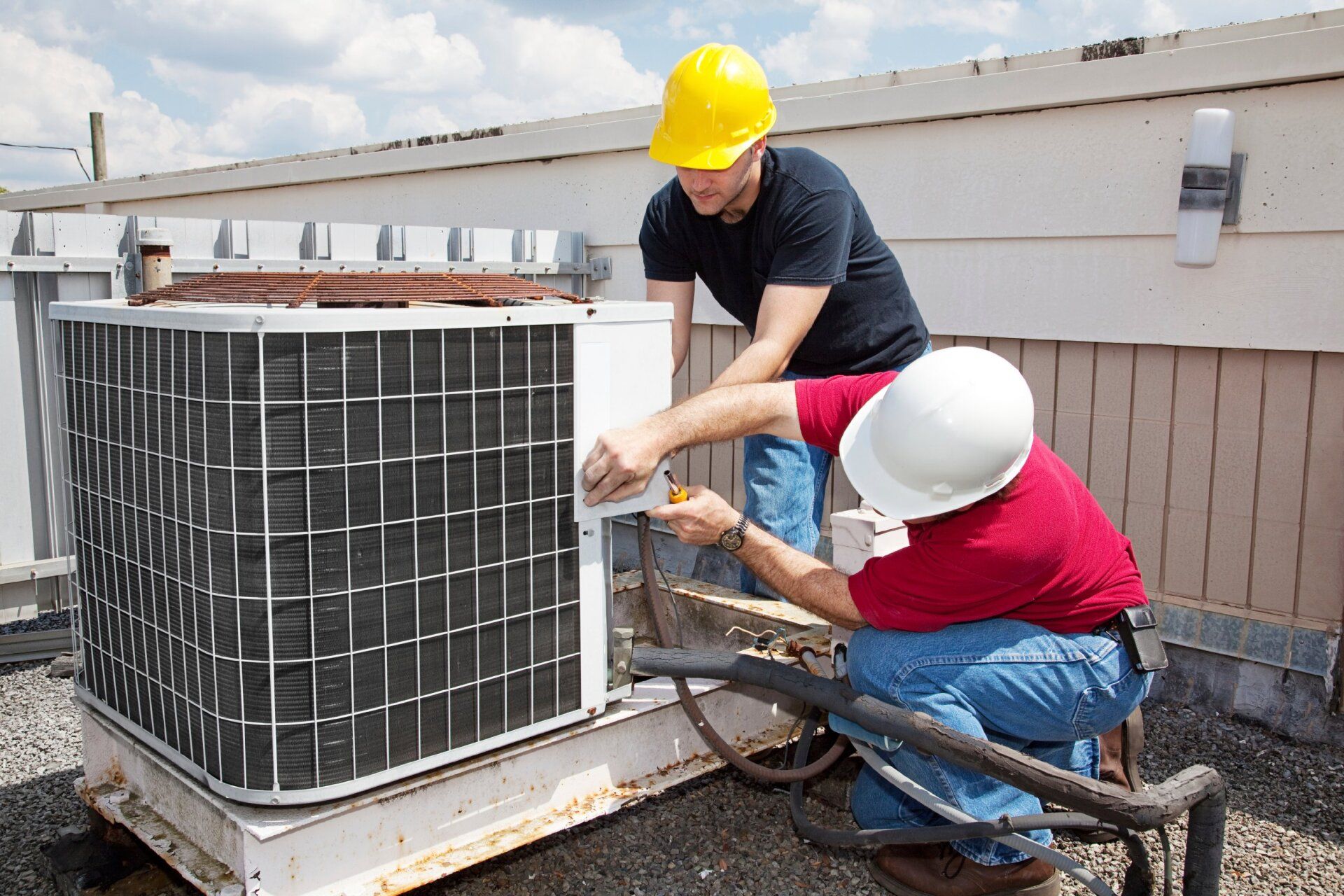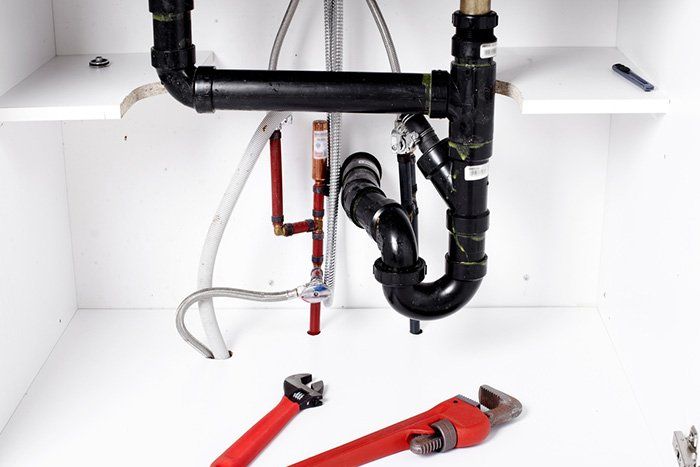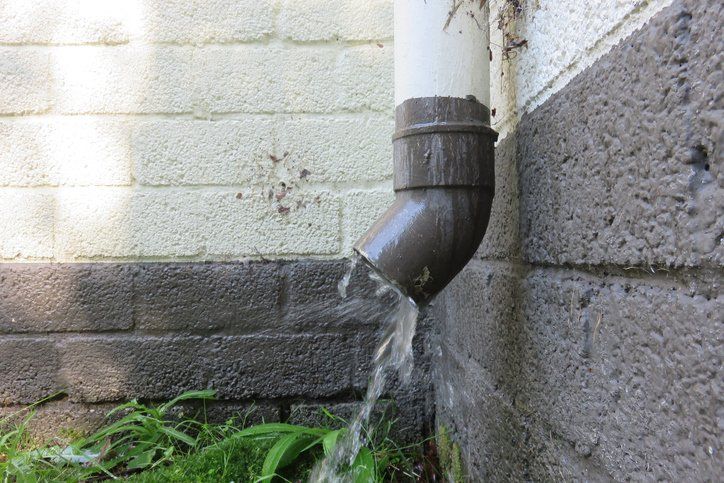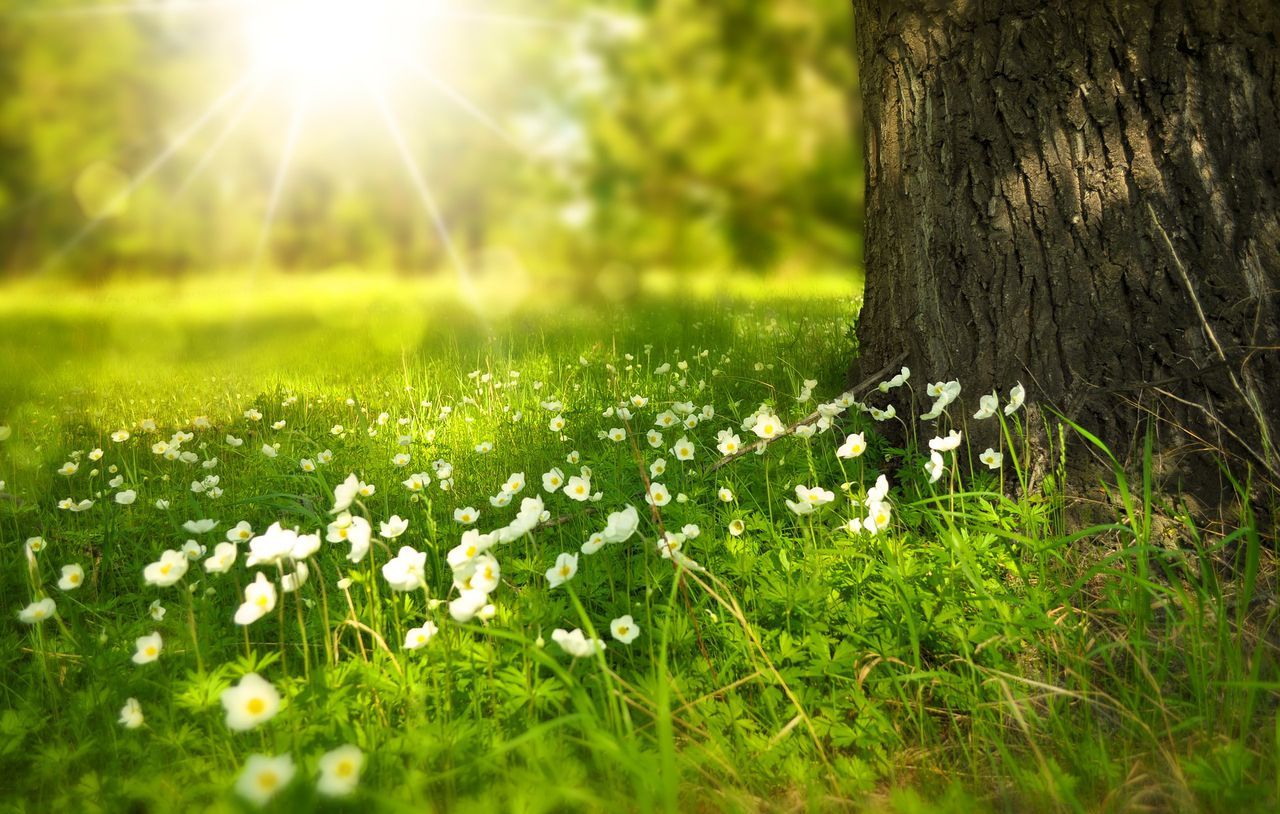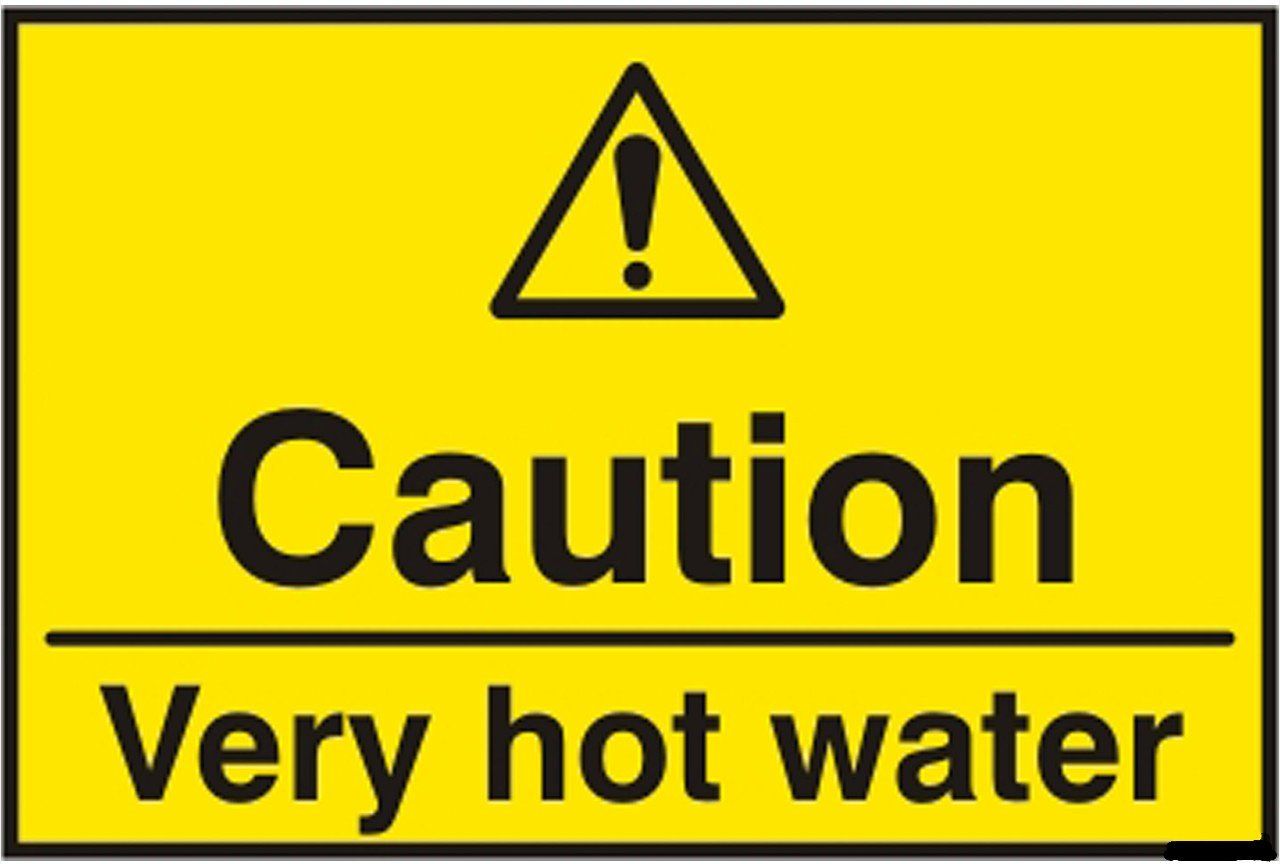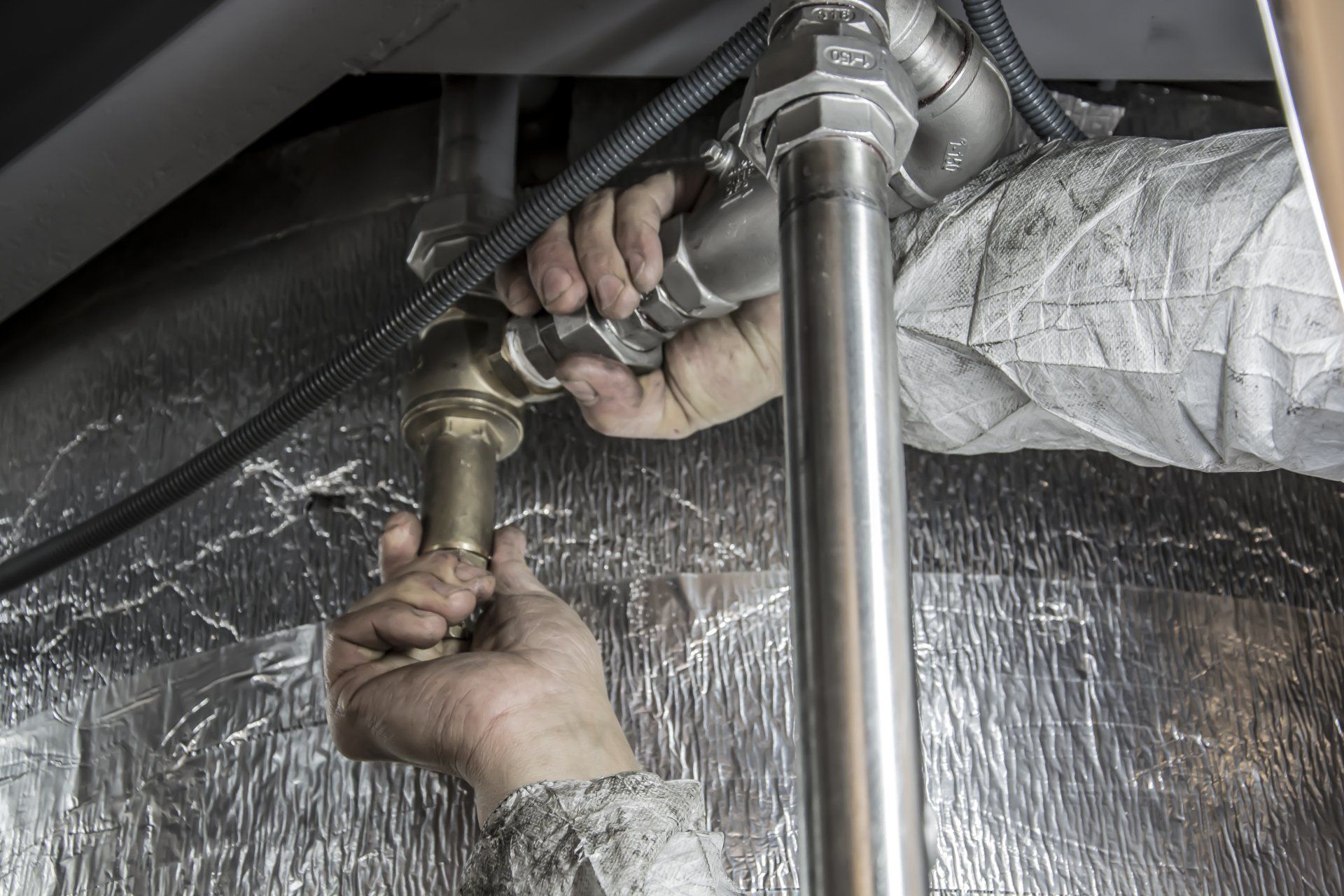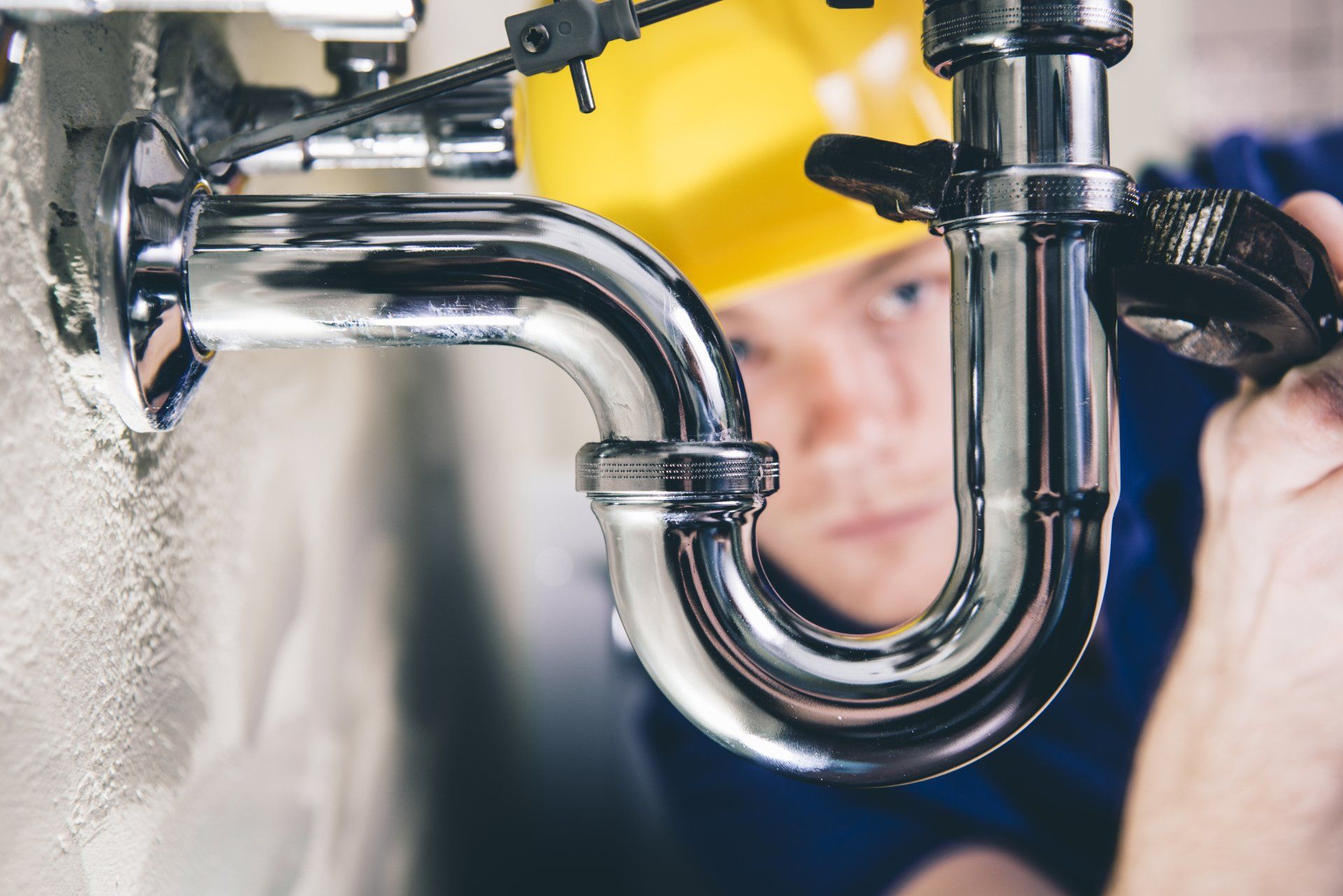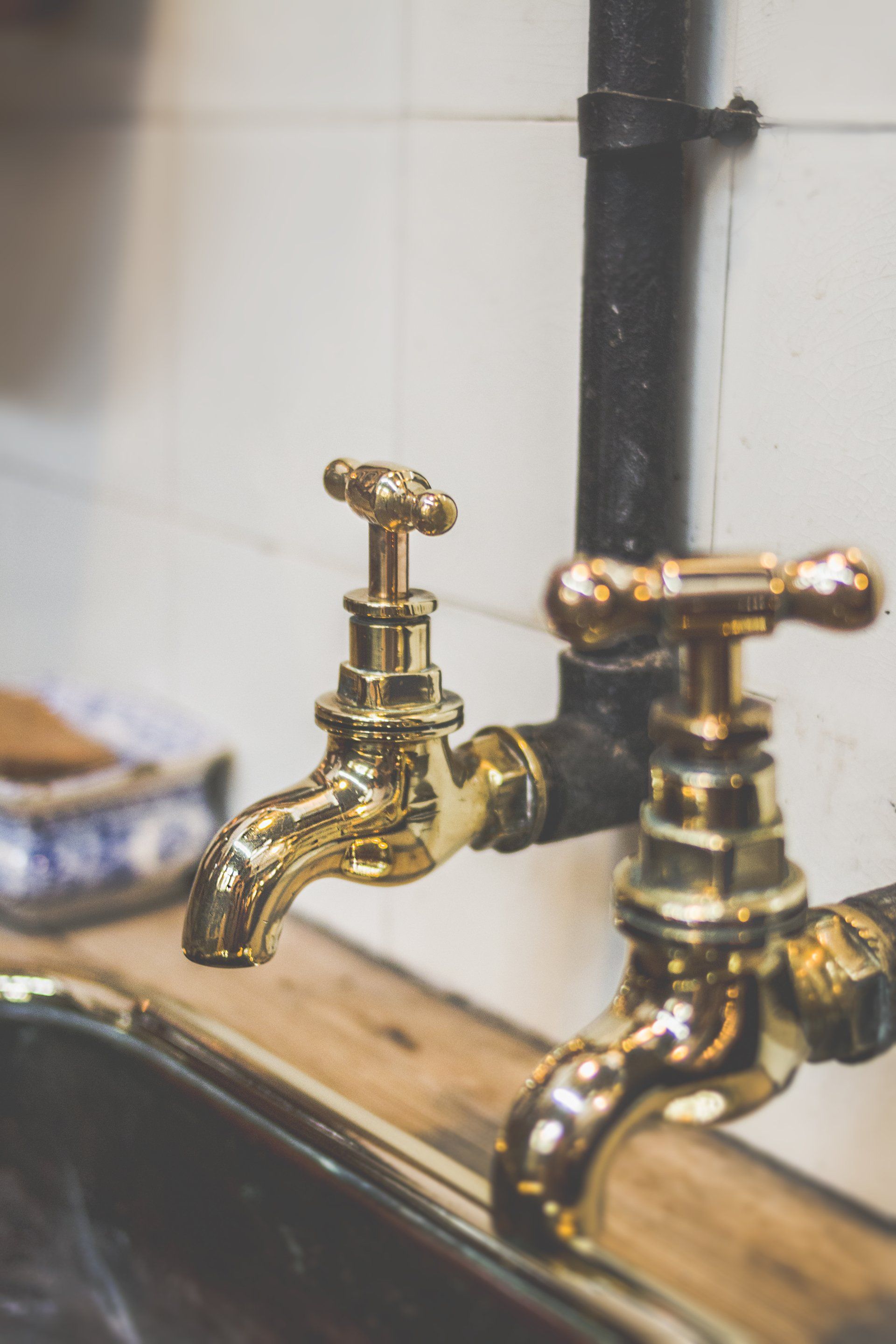Why Do Frozen Pipes of Water Burst / Crack?
There Could Be A Number Of Reasons….
Who wants to deal with the damages, expenses, and messes caused by burst pipes?
No one.
So, what causes these pipes to burst during the winter? The basic answer is that the water coming into your house from the outside is much colder than it was during the summer months. The cold water causes your pipes to contract and in weaker parts, can cause the pipe to burst. This happens because the pipe becomes unable to withhold the water pressures inside it.
Typically, your home's pipes begin to freeze when the outside temperature is about-7 degrees Celsius, depending on your geographical location. For example, areas that expect lower temperatures have water pipes that are better insulated in inner parts of your home, compared to other areas.
How Long Does It Take For Pipes to Freeze and Burst?
The first thing to think about when answering this question is, what is the exact temperature outside and how long is it predicted to stay that temperature or lower? As a general rule of thumb, in order for your home's water pipes to freeze, the outside temperature needs to be below -7 degrees Celsius, for a total of at least six consecutive hours. How long it will take for your pipes to freeze and burst also depends on your home's insulation, and how deep inside your home your water pipes are located. For example, if you live in a geographical location that usually does not suffer from cold winters, chances are that your water pipes do not have that much insulation to protect them from extreme temperatures. In such cases, the time that it may take for your pipes to freeze and burst may in fact be lower.
Precautions You Can Take To Prevent Your Water Pipes Bursting:
There are no practical ways of heating the ground temperature around your home, so stopping the contraction caused by the cold water is not something you can control. Our advice is to be mindful of your plumbing system as the temperatures change and check to see if you have any leaks. While we can't stop the leaks caused by temperature drops, there are things you can do to prevent pipes from freezing and bursting. Here is a list of eight things that you can do to avoid water pipe bursts:
1. Keep Water Faucets Running
If it is extremely cold outside, always keep one or two faucets running slowly. Water moving through the system should prevent the line from freezing.
2. Direct Warm Air To Cold Areas Of Your Home
Often, the pipes that freeze are located near an outside wall or a window, so be sure to direct warm air to any colder areas of your home. (Start in your basement and look for any pipes near the exterior of the home).
3. Leave Your Cabinet Doors Open
If your kitchen sink is on an outside wall (as it usually is), be sure to leave cabinet doors open to allow warm air into the cabinet. Your kitchen faucet is usually to leave on during extremely cold weather.
4. Disconnect Your Hose From The Outside Faucet
Be sure to disconnect your hose from the outside faucet. If you leave your hose connected, water is not able to drain out of your hose bib and will freeze and break the device.
5. Seal Leaks That Allow Cold Air Into Your Home
Seal leaks that allow cold air into your home where pipes are located. Look for air leaks around electrical wiring, dryer vents, and pipes. Use caulk or insulation to keep the cold out. With severe cold, even a tiny opening can let in enough cold air to cause a pipe to freeze.
Call An Expert Plumber
An expert licensed plumber like the team at A Rescue Rooter will be able to locate potential pipe bursts and prevent them from happening. Don't hesitate to contact us to receive tips and expertise on what you can do to prevent your home's water pipes from bursting.

